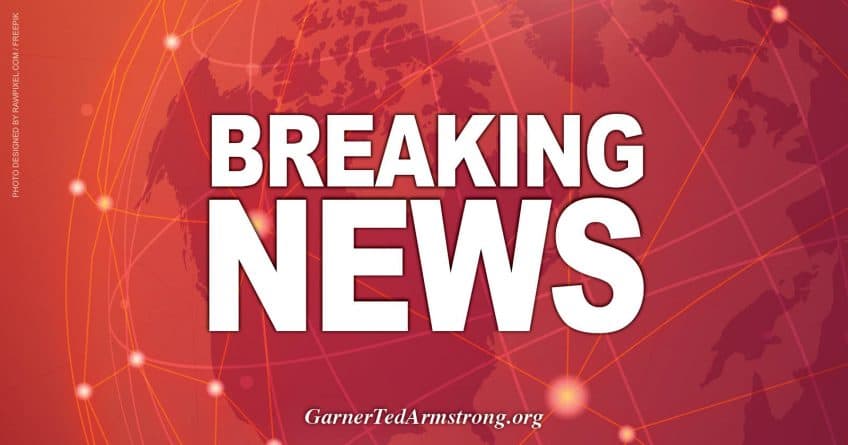Authored by Alex Gorka via The Strategic Culture Foundation,
The predictions have come true about the emergence of a new defense group that will change the European security environment.

On June 25, the defense chiefs from nine EU countries signed off on the creation of a new force called the European Intervention Initiative (EII), which is spearheaded by French President Emmanuel Macron. The new organization will have a common budget and a doctrine establishing its guidelines for acting and joint planning for contingencies in which NATO may not get involved. The group includes the UK, Germany, Denmark, the Netherlands, Belgium, Estonia, Spain, and Portugal. Italy may join soon. The initiative is not tied to the EU’s Common European Defense, which includes the PESCO agreement as well as NATO. Great Britain has always opposed the idea of creating a European defense alliance, fearing it would undermine transatlantic unity. Now it has done an about-face, as the rifts within the US grow deeper.
The new force is to be much more efficient than anything else the EU has to offer, with a streamlined decision-making process that will permit a quick reaction time. Its relatively small number of members will give it more flexibility in comparison with the EU or NATO. For instance, the EU’s four multinational military battle groups that were created as far back as 2007 have never been deployed.
Its main mission is to offer a rapid response to crises that could threaten European security. The operations are to be conducted independently from US control. The UK will remain a member of this European defense entity even after it leaves the EU next year. Denmark, which retains a special opt-out status and has not joined PESCO, is a signatory to the EII. This is a step on the path to creating a real European armed force to unite non-EU participants with those who keep their distance from the European deterrent headed by Brussels. If the process gains traction, Norway, a NATO member that is outside the EU, plus Sweden and Finland, which are EU members outside of NATO, may consider joining the EII as well. Sweden and Finland are already members of the UK Joint Expeditionary Force.
Will it undermine NATO? To a certain extent it will. Any defense group outside the alliance that acts independently weakens it. At the same time, this gives NATO an opportunity to focus on the European theater of operations without being distracted by other hot spots. Any coin has two sides. Afghanistan is an example of NATO solidarity but is also an example of how a crisis that takes place outside of the alliance’s primary area of responsibility has weakened NATO’s standing in Europe.
Europeans have participated in the operations in Afghanistan and Iraq, conflicts in which they have no interest, in order to please the US. The real threat to Europe comes from the Middle East and North Africa (MENA). The planned creation of migrant reception centers in Africa may require military involvement. Washington views Europe’s migrant crisis as a far-flung problem that does not directly impact its own national security interests. NATO forces Europeans to focus more on the so-called Russian threat that no one takes seriously, despite the fact that defending its own borders is a pressing issue.
Europe can never be truly independent without the capability to mount a robust defense on its own. For instance, the EU needs a joint border force to prevent illegal immigration, which is plainly a real threat. The interests of the new group and Russia are not in conflict. Far from it. If the Russian-backed Syrian government finally wins, the flood of refugees to Europe will significantly diminish. Some migrants may return home. Russia has an important role to play in Libya, another source of refugees. Those interests coincide, while conversely, the US is more interested in countering Iran, which will exacerbate tensions, prompting more people to move to Europe seeking refuge from war. If an international operation in Libya is approved by the UN Security Council, the EII and Russia may act together, unified by a common interest.
With the EU still unable to bring its plans to fruition, the project led by President Macron stands a very good chance of creating a European group that would become an independent global player. NATO and the EU are being torn apart by internal conflicts while the EII is not. That group will be able to stand up to real threats, not imaginary ones.
Something is rotten in the state of Denmark, as NATO and the EU defense initiatives are failing to meet the interests of European security, forcing those nations to seek other alternatives, such as the EII. The threat of the Russian bogeyman has failed to paper over those differences. The quest continues. Whatever is in store for the newborn alliance, this is very bad for NATO, as this news is coming just a couple of weeks before the summit that may break up the alliance and consign the much-vaunted concept of “Western unity” to its grave.
[Disclaimer]









